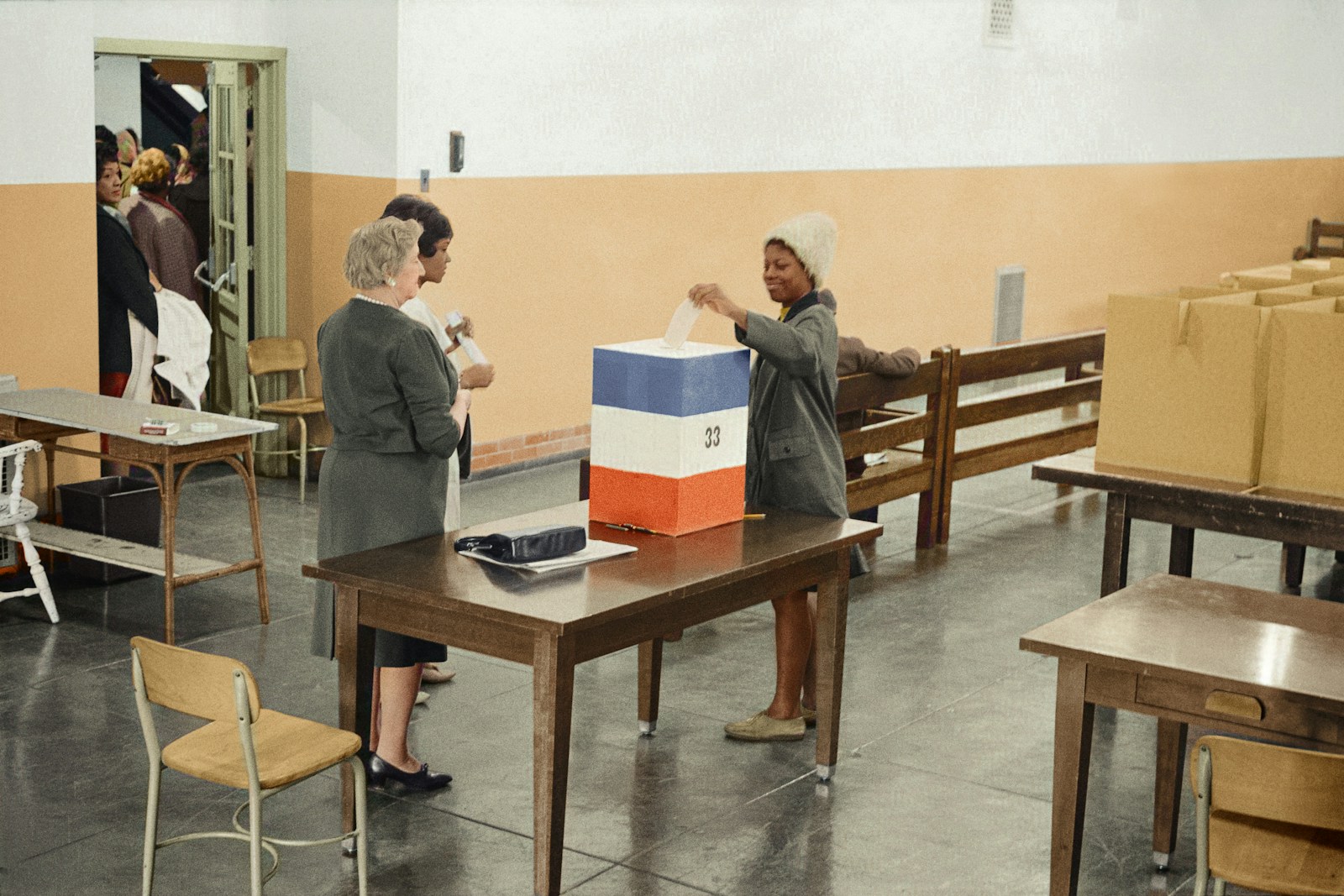Key Takeaways:
* Loyal supporters of former President Trump in Congress might attempt to reject the 2024 electoral count.
* The Electoral Count Reform Act (ECRA) aims to prevent such attempts, making them explicitly illegal.
* This law also clarifies the state’s role in certifying election results and the sole ceremonial role of the vice president in the electoral count.
* The ECRA provides for legal provisions for extended voting in the event of unforeseeable and catastrophic events.
Understanding the Electoral Count Reform Act
Despite Former President Donald Trump possibly not running for office in 2024, there’s a chance that some of his staunch backers in Congress might attempt to dispute the electoral vote. The Electoral Count Reform Act, a product of the bipartisan reforms driven in the Biden era, stands in their path, aiming to nip any such attempts in the bud.
How Will ECRA Influence The Election Process?
This crucial legal document turns the tables on any possible schemes to manipulate the electoral count. In short, it forbids so-called alternate electors from battleground states the power to nullify the legitimate electors and sway the presidential election to the House.
Such a scheme had been attempted in a previous election, which then Vice President Mike Pence dismissed for being unconstitutional causing a rift between him and the Trump camp. The passage of this law now explicitly labels such actions as illegal.
Bridging the Legal Gaps
The ECRA skillfully addresses all supposed legal issues that were previously leveraged to contest the certification of election results by states. It’s the law’s way of safeguarding the electoral process prescribed in the Constitution, and ensuring that personal agendas don’t take the front seat.
Elections and Crisis Management
The ECRA also considers the fact that unforeseen and disastrous events can disrupt the usual voting schedules. This significant reform law defines Election Day as the customary date, yet permits extended voting time when unexpected events warrant it.
Already having trialed during the COVID pandemic, this provision ensures the democratic process doesn’t stumble in the face of catastrophe. Elections are essential, and the law believes they should not be disrupted, a clear nod to democracy’s resilience in the face of challenge.
Swift Dispute Resolution
Disputes are bound to occur during the elections and the resultant legal battles can be draining. The ECRA sets up a three-judge panel to fast-track any disagreement about counting votes. This measure streamlines court fights, allowing the judicial process to move faster and smoother.
Vice Presidential Role Defined
The law takes the time to clarify that the role of the vice president during the electoral count is purely ceremonial. This statement sets in stone a tradition that’s been a part of American democracy since its inception.
Facing Legal Hurdles
There’s still a chance of legal hurdles cropping up, which might prompt the Supreme Court to intervene. The process, however, remains less vulnerable to interference, thanks to ECRA.
In the End, Democracy Prevails
Once the process is completed, with state laws upholding a popular election for members of the Electoral College, courts deciding on disputes, the duly appointed electors casting their votes, and Congress counting the electoral votes, the winner is sworn in at noon on Jan. 20. This firm date and time, laid out by the 20th Amendment, signifying the completion of a democratic process, remains a cornerstone of American democracy.
Closing Thoughts
The Electoral Count Reform Act plays a crucial role in fortifying America’s electoral process, ensuring that everyone’s vote counts and making it harder for anyone to dispute the outcomes. By offering clear rules and processes, it aims to keep elections fair and unbiased, contributing to the strength and resilience of the democratic system.

